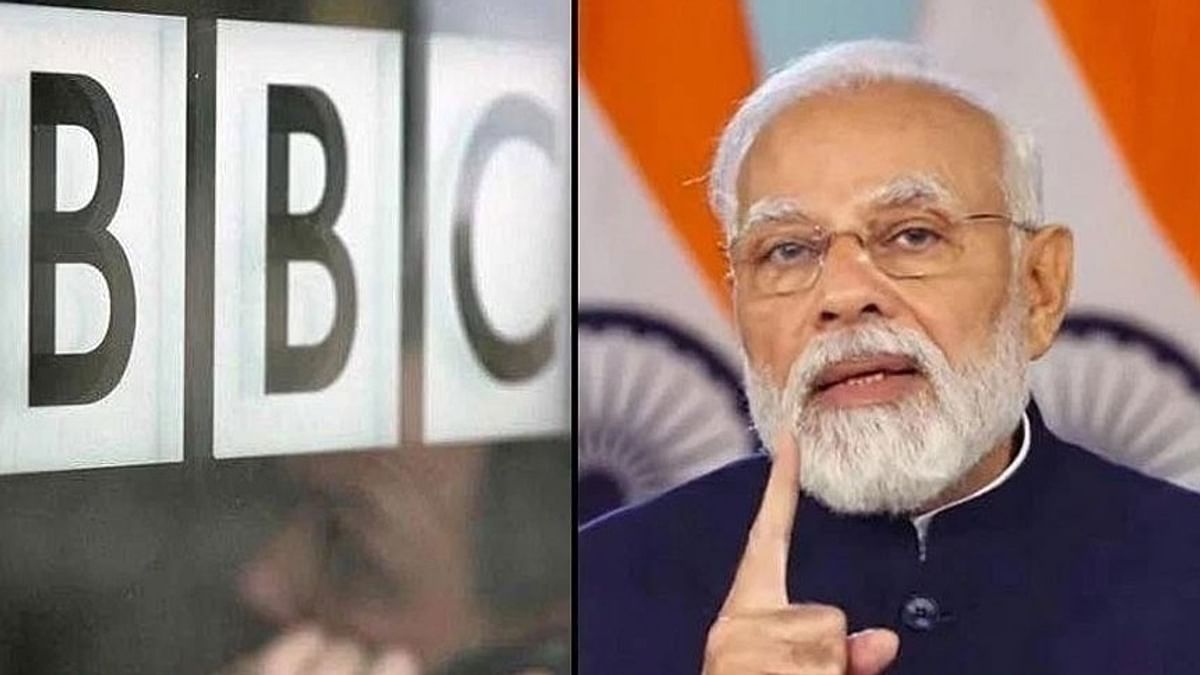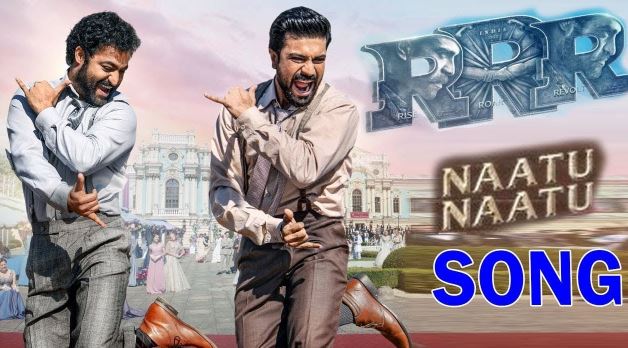- Home
- Solution
Your Brand, Our Strategy
-
Media & Visibility Solutions
-
Brand & Communication Solutions
Your Challenges, Our Smart Solutions
Let’s Talk Let’s Talk
-
- Agency
- Pricing Plan
- Media Hub

I was hit by the timing when I first learned about the BBC documentary that casts doubt on Prime Minister Narendra Modi’s handling of Gujarat screams in 2002 when he was the state’s chief minister. But why now? He was my first reaction.
The problem is that they have nothing new to say. And that is nothing left to say after so many years. The debate is over. All or almost all have moved on.
Most importantly, a series of inquiries, including one initiated by the Supreme Court, have disproved his role in the riots that killed 59 Hindu karsevaks who died in a train fire. A Muslim mob accuse of setting fire near Godhra station to avenge the demolition of the Babri Masjid in Ayodhya. Karsevaks were returning from Ayodhya after a pilgrimage.
Comfort is history. And essentially, the BBC India documentary: The Modi Question is a rehash of that story, a story with familiar details and many ups and downs, despite its tragic dimension (more than 1,000 people reportedly died, most of them were Muslim) and the effect on Hindu-Muslim relations has lost its urgency. Even many of those suffering want to move on and do not like reminded of those dark moments daily.
The BBC claims that the documentary includes unknown details from the British government’s inquiry report into the riots. It references a statement by former UK Foreign Secretary Jack Straw, who operated from 2001 to 2006 and appeared in the documentary.
Rubbish. As someone who reported the story extensively from London at the time, I can say with some authority that Straw’s so-called “revelation” is an old hat, an open secret. I was struggling to find out any new details. The jury is still out on the yet-to-be-released sequel, though it’s not betting on any major new revelations.
In response to the criticism, the BBC released a non-descriptive Pro-forma statement, saying that the documentary had been “rigorously screened under the highest editorial standards.” He said that the Government of India stands invited to participation in the film, but it stood turned down.
Despite its cheap partisan title and overall tone, the documentary desperately tries to appear “balanced”, presenting both sides of the debate: the BJP and its supporters allow all accusations to refute. As for the reaction of the Government of India, it is natural that he is upset, and he was right to put his protest on record.
British Prime Minister Rishi Sunak was quick to distance the government from him from the film. He added that he did not agree with the “characterization” of him. He also rejected comments made by Pakistani-born British MP Imran Hussain, who questioned Modi’s alleged role and called the riots “ethnic cleansing.”
“The UK government’s assignment on this has been clear and longstanding and hasn’t changed. Of course, we don’t tolerate bullying anywhere, but I’m not sure I agree with the characterization,” Sunak said.
This should have been enough to calm the ghost of the BBC. After making his point and asking the British government to explain his position to none other than the country’s prime minister, New Delhi should have rested, scrapping the documentary rather than drawing international attention by escalating it into a confrontation.
The decision to ban it on YouTube and Twitter seemed excessive and aroused public interest. More and more people are curious about what makes it so flammable that it’s banned. It has also given the opposition and free speakers ammunition to allege “censorship”, etc.
Governments dating back to the days of Congress have had problems with the BBC’s journalism, resulting in its expulsion from India more than once. The BBC has had troubled relations with most Third World countries, particularly the former British colonies, who view it with suspicion as an arm of the British establishment and its colonial mentality. But the truth is that the love between the BBC and the British establishment, including the Sunak government, which accuses him of left-liberal Bias, is not lost. So India has company if it’s any consolation.
More News: Click Here




